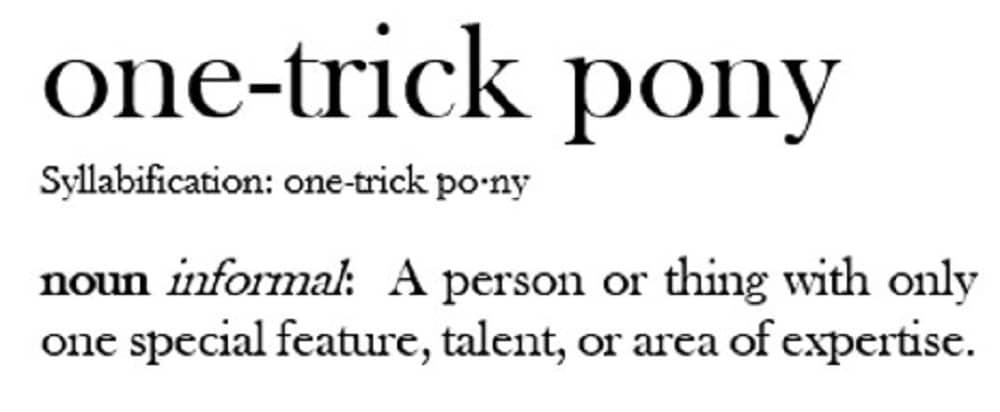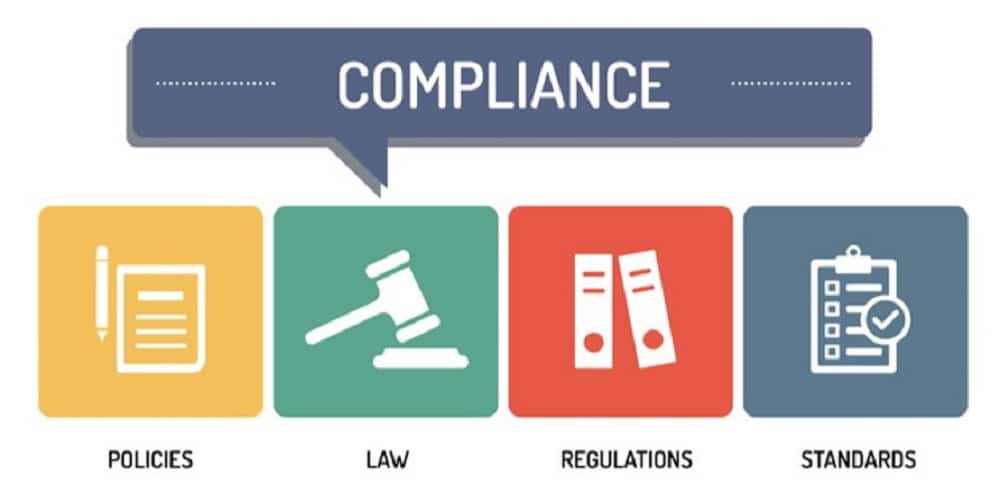
IT is a dynamic sector of our economy. That means that it is critical that you are a dynamic employee and participant. At its core, being complacent and resistant to change can decrease your career prospects and promotions.
Being in the industry for over 30 years, I have spoken with many lead, mid-level and entry-level DevOps engineers. Based on what I have heard, here are top 7 mistakes DevOps engineers make in their career.
1. Being a one trick pony

When working with hiring managers to fill DevOps engineer roles, one of the main criteria they are looking for is an engineer who knows a large variety of scripting languages and orchestration tools. This is mainly because certain tools and languages work better with certain software.
By having a more general knowledge of a wide range of tools and scripting languages, this allows you to become more valuable to your current or future employer.
What are some of the best tools and scripting languages to learn in the DevOps field?
From talking with dozens of hiring managers, here the top scripting languages I hear employers want their DevOps engineers to know:
- Python
- Kubernetes
- Chef
- Puppet
- Docker
- BASH
- Pearl
- JavaScript
2. Over engineering a problem

Some automation professionals feel everything should be automated all the way through. And this can make sense from a technical point of view however, if the process only occurs once a quarter then it is typically not worth the time and investment of purchasing tools and writing all of the scripting.
It seems almost as if the job is incomplete to not fully automate a process. However from a business point of view if it doesn’t make financial sense to fully automate the process, it’s up to the automation professional to offer guidance to the business.
As a DevOps engineer, it is important to know what processes make the most sense to automate and which ones to leave alone.
3. Not appreciating regulation or compliance

This is where it can become very beneficial to be an expert in a domain. Oftentimes, there are certain regulations within an industry that does not allow a process to be automated even when it could be. If an automated process puts the business at risk, it’s certainly something that should be known up front.
I have spoken with hiring managers in which their engineers have come up with ideas to automate processes that would save considerable time and money, but may push into risk and compliance issues. That is why it is important for you to know the various industry compliance, risks, and regulations you are working under before you start automating.
4. Poor communication skills

One of the most common career missteps I have seen over the past 30 year in DevOps Engineers is not developing their softs skills, particularly effective presentation and communication skills.
In today’s business world, IT touches everyone.
That is why it is essential to develop your formal presentation skills and always keep leaders and other company stakeholders informed of potential challenges, bottlenecks, and offer suggestions on your ideas on potential solutions.
By demonstrating excellent presentation skills and communicating efficiently and effectively with your boss and other business leaders can often lead to additional career opportunities.
Another important aspect of your communication skills is how you communicate with your boss and other employees. Especially those that fall outside of the IT realm (e.g. finance, marketing, sales, etc). The nature of IT work can be complex to understand. The simpler you can make it for someone, the better. It can be easy to get frustrated and have a short fuse when someone does not pick up quickly on what you are saying. But, it is crucial that you maintain a level-head and try your best to reword it in a way that makes sense to users. If your boss is able to see you as someone that communicates effectively, efficiently, and passionately you will set yourself miles ahead of your IT peers. My experience over the years in helping hiring managers fill DevOps Engineers roles is that those with strong communication skills are hard to find and are elevated in their career quicker than most.
5. Not learning outside of work

As we all know, the only thing that is constant is change. The IT industry is constantly evolving. In order to keep pace and advance your career you need to always be learning and developing new skills while you are not on the clock. A good habit is to pick one new skill you’re going to train yourself on and come up with a schedule. Some examples of skills to learn are planning where DevOps is headed, increasing your fluency in many different tools and scripting languages, Having a background in security and quality testing and finally, documenting the cost savings and/or error reduction back to the business with the automation.
Hiring managers look for employees that can demonstrate the ability to learn new skills on their own long after their formal training has ended.
By not over relying on your employer to teach you new technologies, it can allow you to teach yourself things you’re personally interested in. This also will allow you to introduce new technologies that can help the business and your career.
Taking time each year to learn about new tools or platforms will keep you actively engaged in your own career while setting yourself apart from others in your company.
6. Job hopping

Are you moving around too much in your career? While early on in your career, it is normal and can even be beneficial to work at a couple of different jobs. However, There has to be good reasons behind each decision to change and as you start to progress in your career you should really be sticking around for 3+ years at a time. Hiring managers use a candidate’s history of job hopping as a compass in determining if they will be a fit for their company.
Some companies have a high turnover and will be able to look past frequent job changes, but most look for candidates that demonstrate dependability and loyalty (typically indicated by long tenures at companies). A CIO recently told me that job hopping can make or break a seemingly great candidate, because of the uncertainty related to retention, engagement, and culture within the company. The moral of the story is that, unless you are a contractor, you need to make sure you think out each career decision you make and really examine your reasons for wanting to make a change.
A good framework the CIO’s have told me is no more than 3 jobs in the past 10 years. What I have found over the past 30 years is that if you do have more than 3 jobs in the past 10 years, often your resume doesn’t get considered as much as it should. This does exclude contractors.
7. Failing to develop a career road map

One way to help you in making thoughtful career decisions and in avoiding job hopping is developing a career road map. A career road map is a tool that you can use to develop a framework of how you want your career to go. A great exercise to conduct is to think about where you want to be short term (3-5 years) and long term (10-20 years) from now in your career. What is your end goal?
Once you have that nailed down, come up with a couple different paths based on what kind of skills you need, what kind of promotions you want to get, and what kind of companies you want to work for. All of these factors go into shaping your career.
An important note is that you need to remain flexible while traversing your roadmap. It should act as a system that can allow you to measure your progress and identify the right opportunities, but not as a rigid structure that must be followed to a T. Do not let the map hold you back. Think of it as a map of the US. There are many routes you can take to get from the east coast to the west coast, but as long as you have a sense of where you’re going you can make it to your destination.
Emerald’s Advice
When it comes down to it, slight adjustments can have positive results on career trajectory and prospects. Avoid these mistakes by investing into yourself by reading books, getting a mentor, and being mindful of your work. Happy automating!

